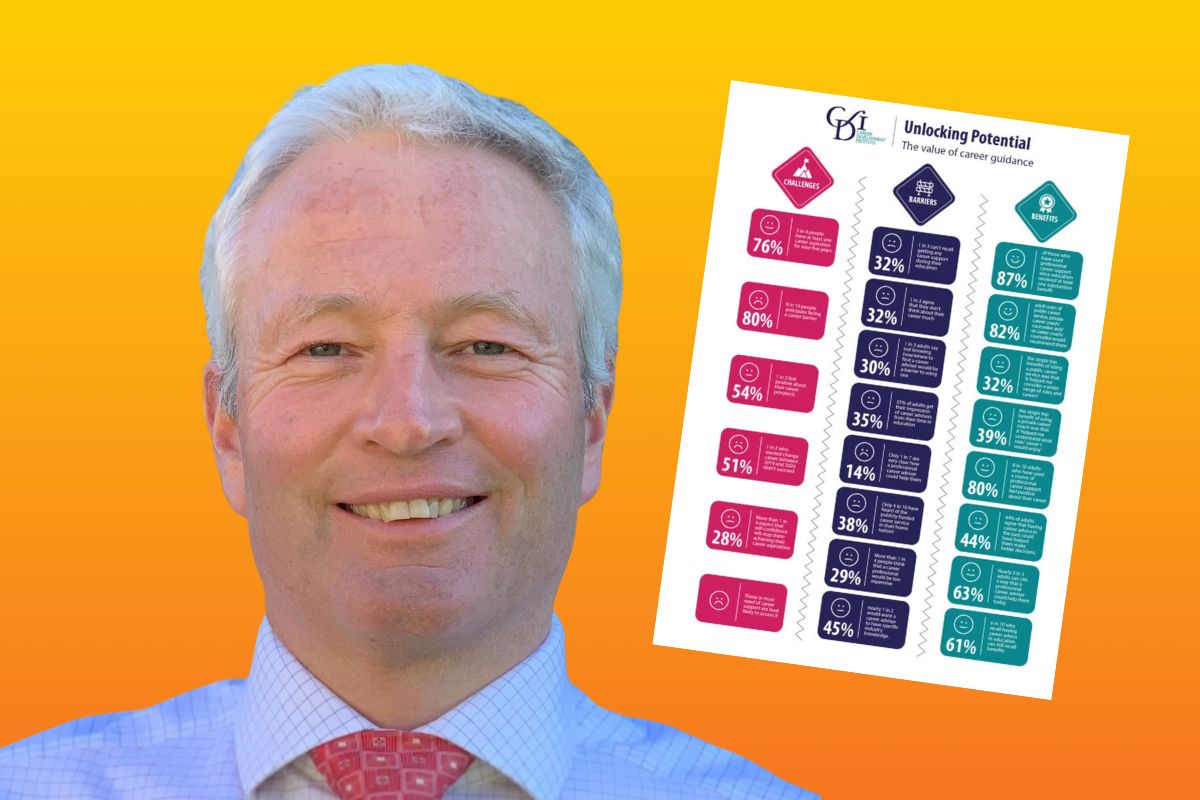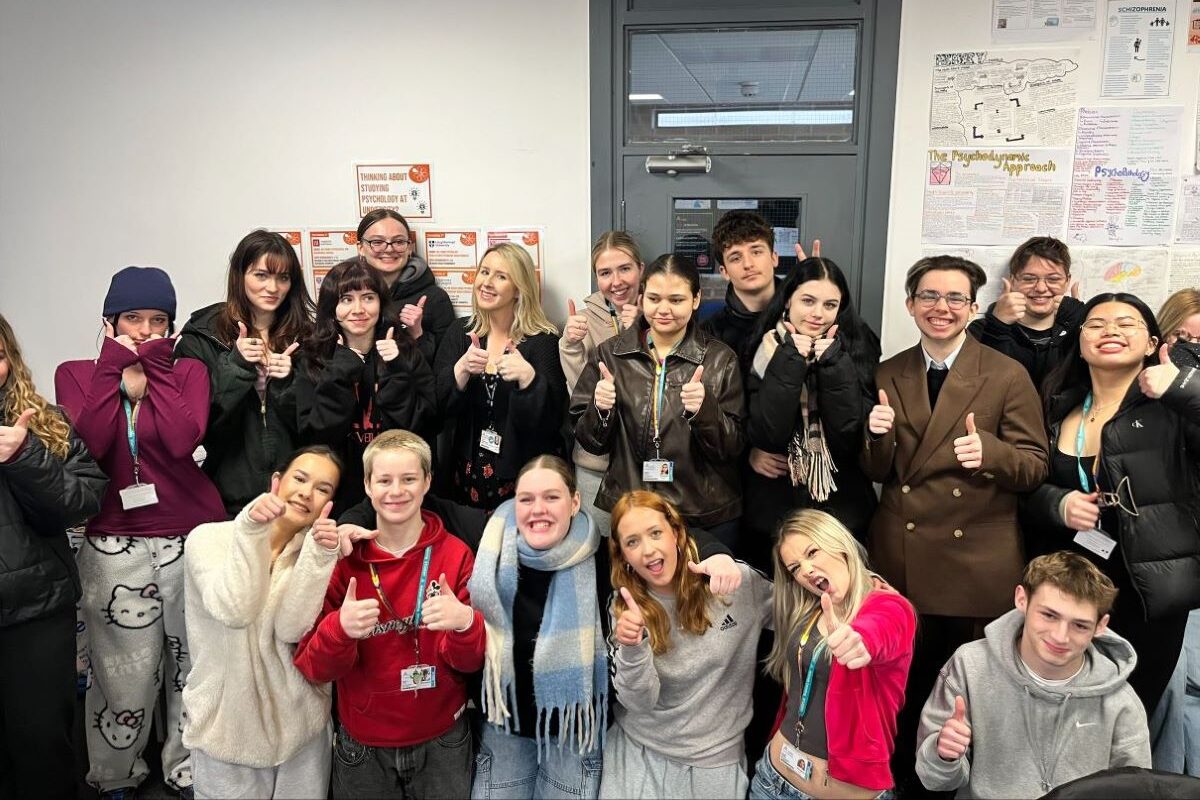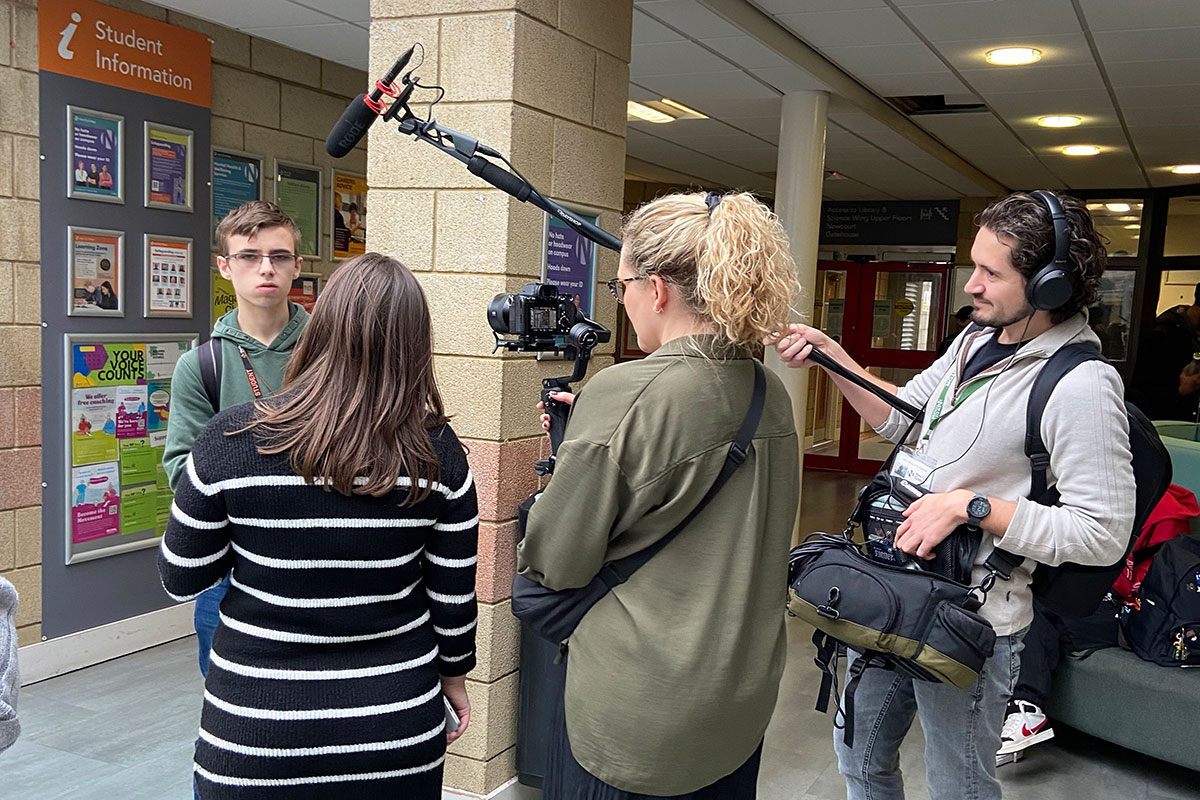Why Are NFTs Important For FE, Skills And Development?

Between 1896 and 1899, 100,000 prospectors migrated to the Klondike region of Yukon in search of gold. The route was treacherous, many perished and those who persisted were often met with disappointment. This is where we’re at with Blockchain.
Promising a safer way to transfer information, Blockchain is decentralised and logs all data transactions (or contracts) so that ownership is always certain. As such, Blockchain has become positioned as the perfect foundation for the next stage of the internet.
Sadly, people see a new method of communication and dismiss it as a trend. Much like the internet in the 1990s, people believed that what was being proposed didn’t make sense. They lost faith and a number of early adopters folded. Yet from the ashes came Google and other giants who have since reshaped the way we live and work today.
Well, here we are again. Blockchain has proved it’s capable in supporting the cryptocurrency market, and while a number of investors have been burned by poorly structured projects, we’re seeing figures emerge from the rubble. And they look like they’ll change employability forever.
So what are NFTs?
NFTs (non-fungible tokens) are uniquely identifiable art. They can be bought, sold and traded using Blockchain. You typically purchase them with cryptocurrency, on platforms like OpenSea and Rarible.
Once these NFTs are purchased, a contract is effectively sent between the two parties confirming the sale. To illustrate the current scale of this industry, in December 2021 alone OpenSea saw trading volumes of $3.25 billion.
Generally speaking there are two types of NFT, those that are mainly digital and those with offline properties as well. Bored Ape Yacht Club is an example of the former, and boasts a collection of 10,000 unique images that celebrities have been buying en masse. For example, musician Eminem bought his EminApe for $460,000.
The latter relates to when NFTs have additional value in the form of other properties. Be that an additional physical product that accompanies an NFT or an invite to an event in the future, it’s entirely down to the creator. Veefriends is a good example of an NFT with these extra utilities.
How will this change further education?
At some point the technology behind NFTs will be adopted by wider communities and the likes of insurance firms, solicitors, banks and other businesses will begin to embrace the technology as a way to enhance their services and products. The FE, skills and employability sector needs to be doing the same and start exploring what it means for students and the FE sector.
How? Qualifications, CV’s, training certificates and other licences should be considered for NFT status. Not for the purpose of trading, but for the ease of accessing all of your qualifications within a digital wallet. In effect, you’d be offering your students constant access to their accreditations. For example, here at Rocketeer we now offer an NFT certification for students who complete one of our courses.
And what about new career opportunities? Disney recently posted a senior position for an NFT specialist. For the same reason, we employed our own Discord Manager.
But these aren’t the only opportunities. The skills and employability sector has the capacity to forge a space in Web 3.0. And that space will be defined by greater accessibility to further education. Student records could become NFTs, allowing schools, colleges and universities to review performance and improve decision making.
What next?
See what avenues your organisation can pursue to improve education for students. While we spoke above giving students ownership of their academic performance, look for ways to engage them in the new technology.
Encourage students to be proactive online, assess trade options and become savvy to scams. There are groups available to offer this support.











Responses